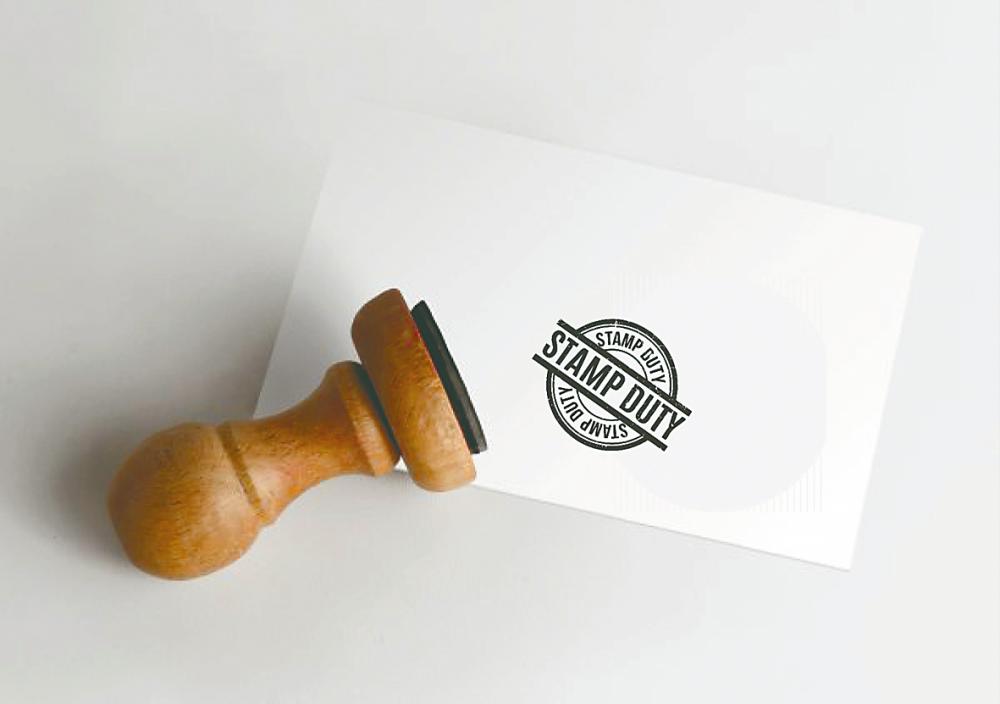LAST WEEK, Part 1 dealt with some of the changes to stamp duty proposed in the Finance Bill 2024. The Bill became law on Dec 31, 2024.
Self-assessment on stamp duty will be implemented in three stages: from Jan 1, 2026, to Jan 1, 2028. It is compulsory for instruments to be stamped as the Inland Revenue Board (IRB) is empowered to audit taxpayers’ records and can raise additional assessments going back five years after the date the duty is paid or would have been paid (there is no time limit for fraud, wilful default or negligent cases). New penalties provisions have been introduced for filing incorrect return. Late stamping penalty rates has been increased from Jan 1, 2025.
This week, the other significant changes in stamp duty that taxpayers should be aware of will be dealt with.
Significant changes effective from Jan 1, 2025
All tenancy/rental agreements entered into from Jan 1 2025 must be stamped, and the rates will range from RM1 to RM7 for every RM250 of average annual rent, depending on the lease term. Previously, rates ranged RM1 to RM4 of the average annual rent. The exemption from stamp duty for tenancy agreement with an average annual rental not more than RM2,400 has been removed.
An exchange of real property between family members such as spouses, parent and child, grandparent and grandchild or among siblings will attract a flat stamp duty of RM10.
An assignment of life insurance policy by way of gift or trust is subject to a flat rate of stamp duty ranging from a minimum of RM10 for a sum insured of not exceeding RM100,000, to a maximum duty of RM1,000 for a sum insured exceeding RM1 million.
When there is an exchange, partition or division of real property between connected or independent parties up to Dec 31, 2024, stamp duty was only payable if the transaction involved a consideration. However, from Jan 1, 2025, whether or not there is a consideration, stamp duty between 1% and 4% is payable depending on the market value of the property. However, where the transferor and transferee in the partition or division of real property are the co-owners of the property, a flat stamp duty of RM10 applies.
Significant changes from Jan 1, 2026
With the introduction of the self-assessment system in 2026, an opportunity is now given to the taxpayer who has paid duty excessively because of an error or mistake in a return made by the taxpayer to apply for relief in writing to the IRB within 24 months after the return is furnished.
In Peninsular Malaysia, if the instrument/agreement, book, accounts, record or other documents are kept in any language other than in Bahasa Malaysia, the IRB can request for the documents to be translated to Bahasa Malaysia within a timeframe specified by the IRB. However, in Sabah and Sarawaj, the books can be either in English or Bahasa Malaysia.
From the introduction of the self-assessment system in 2026, any applications for relief from stamp duty involving reconstruction or amalgamation of companies, or transfer of property between associate companies will require the acquirer to furnish the stamp duty return which was not applicable prior to 2026. An important point to note is where applications for relief from stamp duty is sought, the stamp duty must be paid upfront. If the relief is approved, the stamp duty will be refunded thereafter.
It should be re-emphasised that under the self-assessment system, the imposition of stamp duty is mandatory. Stamp duty is no longer something that can be ignored as non-compliance will become expensive.
This article is contributed by Thannees Tax Consulting Services Sdn Bhd managing director SM Thanneermalai (www.thannees.com).









